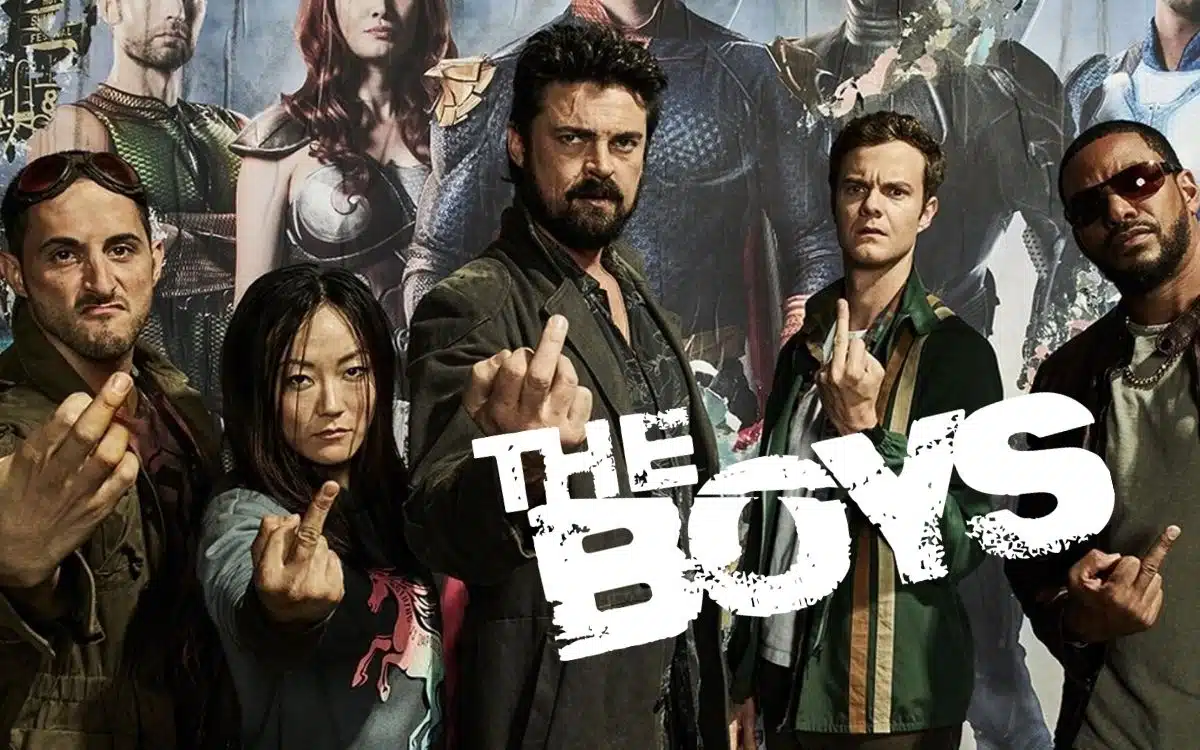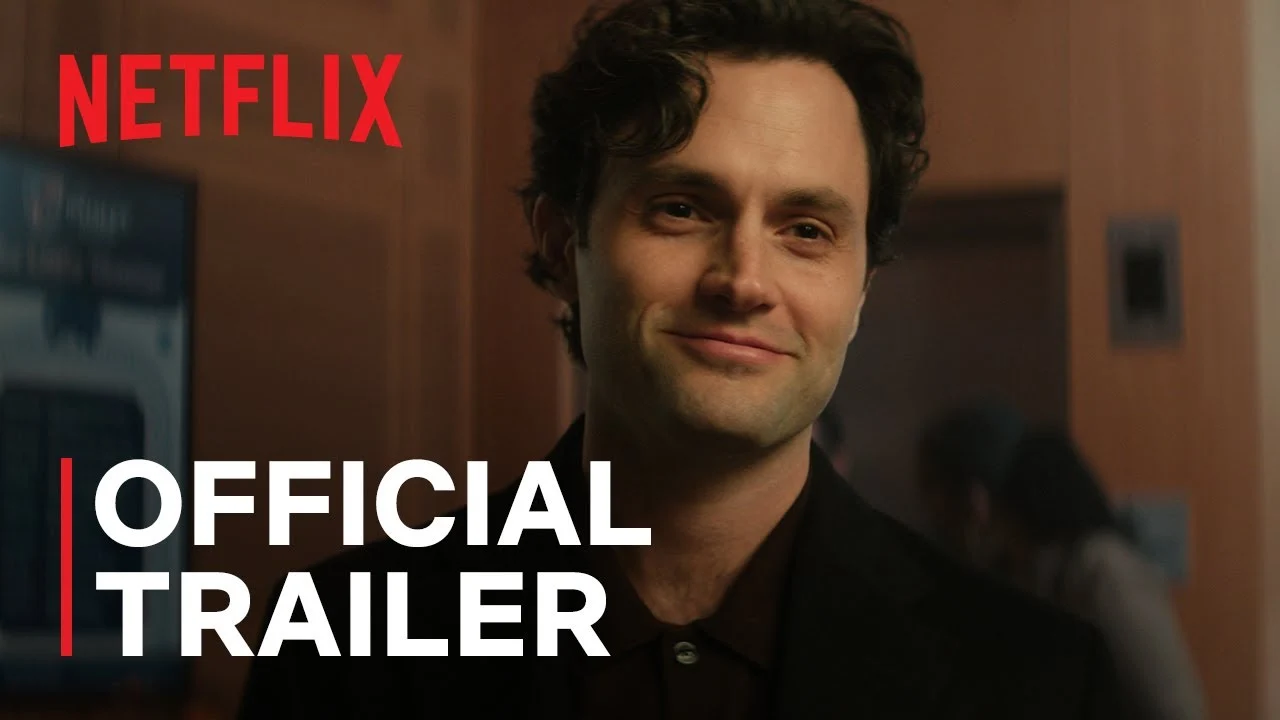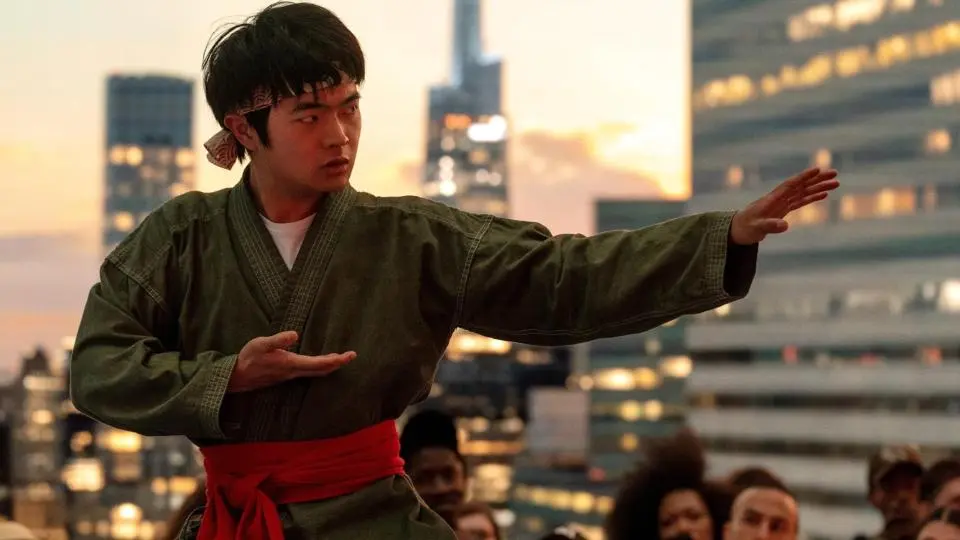Netflix’s newest wing to its true treason catalogue, Monster: The Jeffery Dahmer Story, is just the most recent example of serial killer stories rhadamanthine overly dramatized. Over the 10-hour-long journey, we follow Dahmer through his whole life and frankly learn increasingly well-nigh him than anyone needs to know. It is certainly not the first dramatic retelling of the Milwaukee cannibal, and it is unfortunately likely not to be the last as popularity among true treason media has spiked in recent years. No matter what streaming service we squint to, we’re likely to find a unavailability of information on the most infamous serial killers out there, but this begs the question of how much exposure to these heinous crimes is too much. At what point does morbid marvel wilt exploitative?
Dahmer starts with the titular icon getting unprotected and arrested, which is nice to see, but it quickly becomes a story of Dahmer retelling his life story and exploring why he may have turned out this way. And while his diaper is certainly not an easy one, it’s not entirely unlike a lot of people’s childhoods, and most of those people do not go on to skiver 17 men. We see that much of Dahmer’s motive comes from a fear of abandonment; he doesn’t want people to leave him so he attempts to alimony them forever. And Evan Peters gives a stunning performance of the killer, from his vocalizing to the dead-eyed stare and soulless smiles, but his performance moreover elicits sympathy during Jeff’s nonflexible times. I don’t necessarily want to empathize with a serial killer, but the ethos in the tone of these scenes makes me finger like I should.

Of course, we moreover see him kill. We see the luring, the drugging, and scrutinizingly everything that goes on afterward. We see his victims laying lifeless, victims who have family that are still virtually today and are still traumatized by these events. One might imagine that the dramatization of their family member stuff killed then may be unbearable to seriously hurt those families. The family member of one victim took to Twitter to express how they felt well-nigh seeing their cousin giving testimony and having a dispersal in the courtroom in front of the man who tortured and murdered her brother. “It’s retraumatizing over and over again, and for what?” Neither Netflix nor Ryan Murphy nor anyone involved in this show felt the need to reach out to victims’ families. This is worldwide for these types of docuseries, as the information is all in the public domain, so there’s no need to ask permission. Therefore creators can take whatever creative liberties they want, dramatizing the worst moments in real people’s lives.
Dahmer isn’t the only piece of media guilty of this. Recently Hulu’s Ted Bundy: American Boogeyman depicted what could only be considered Bundy’s “greatest hits” throughout his killing career. We’re helpless to watch as he sneaks into the sorority house at Florida State, knowing full well that no one gets out of there alive. There are no “final girls” in this horror movie, considering this horror is true and devastating. Likewise, tossing handsome men to play him (who don’t squint all that much like him) gives his weft increasingly romanticization. Of course, these poor women will fall for his obvious tricks, he looks like Chad Michael Murray or Zac Efron. Give one of them the signature Bundy unibrow and I think the image of him might change.
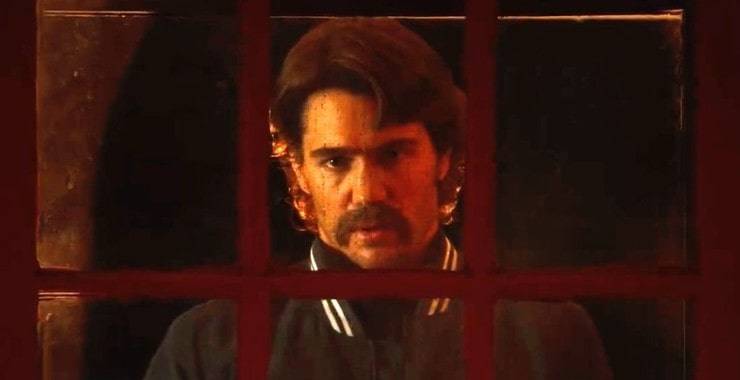
Chad Michael Murray as Ted Bundy in “American Boogeyman”
The problem with dramatizing stories like this is that we can’t tell them ethically. Particularly without getting into the gruesome details of the murders. That’s what people tune into true treason media for, without all. If you’re going to tell Dahmer’s story without getting into the murders and cannibalism then you’re missing key parts. But how many times do we need to see Dahmer, or any serial killer, whittle up a body? How many times do the families of the victims have to watch their loved ones die? And whilom all, what do we proceeds from seeing it? These stories are untellable to tell ethically while dramatizing it all. The facts wilt fuzzy in place of a good story, but we owe it to those unauthentic to write the facts as they are. The fact is, Dahmer was a monster and we don’t need yet flipside biopic well-nigh him to determine that.
Towards the end of the Dahmer series, it’s well-spoken that the show is trying to make it increasingly well-nigh the victims and those closely unauthentic than Dahmer himself, but that’s scrutinizingly laughable considering everything we’ve discussed. If Ryan Murphy or Netflix wanted to show the families justice, they would have created a documentary where the families could speak for themselves, but instead, they felt the need to reopen still very painful wounds to monetize off of the suffering of others.
Monster: The Jeffery Dahmer Story is misogynist to stream on Netflix now.
The post Why We Don’t Need Anymore Serial Killer Biopics, Thanks appeared first on GoreCulture.

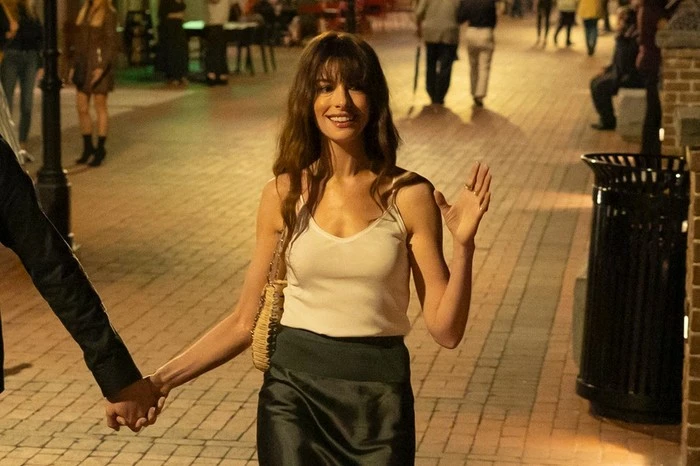
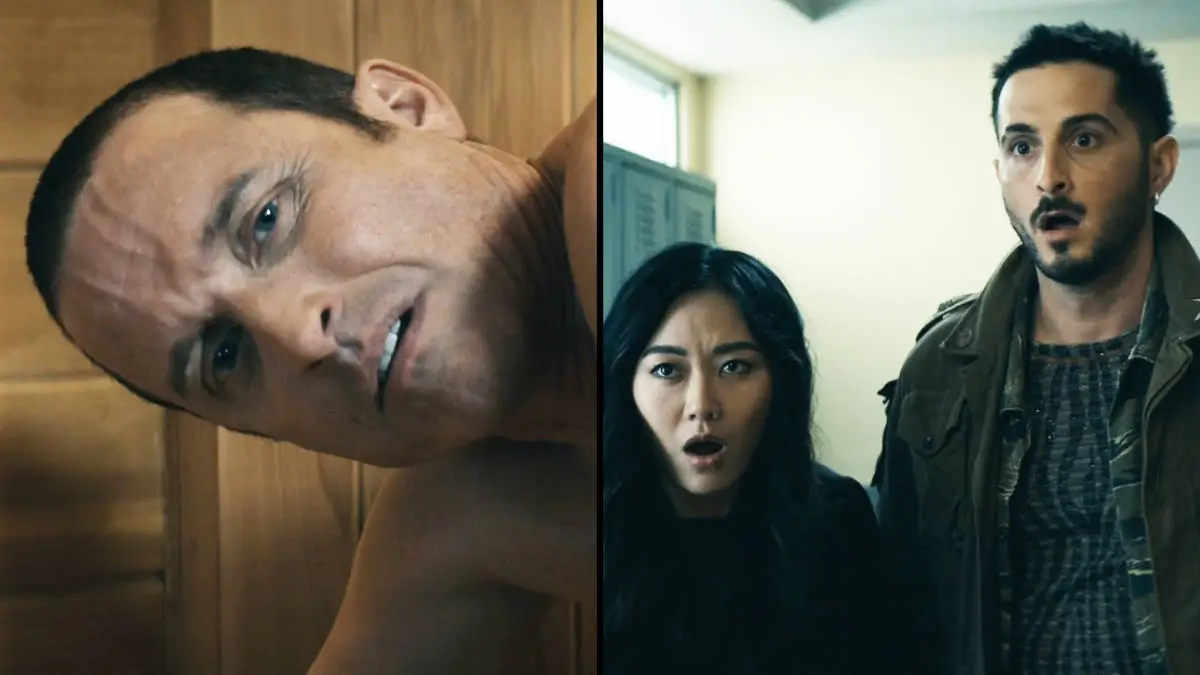

.webp)


